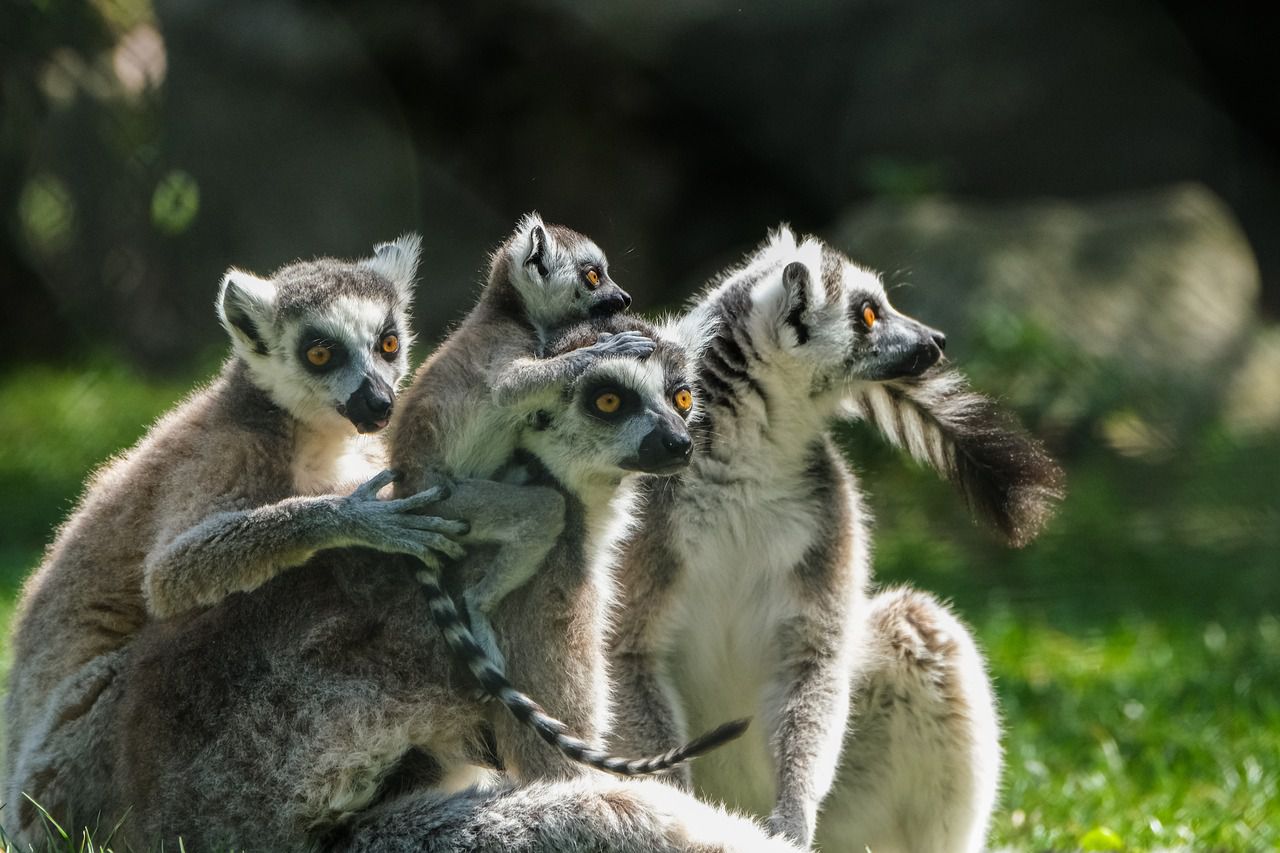Why some wild animals prefer to live in groups: Benefits of having friends
While some animals prefer living and hunting alone, others live in groups.
It's not only about communication - this approach actually benefits them a lot.
Let's find out more.
Increased hunting success
Many pack-living animals are predators that rely on hunting for food.
Living in a pack allows them to work together to capture larger prey, defend territory, and increase their hunting success rate.

Protection and defense
When animals live in groups, they can collectively defend themselves and their territory more effectively.
Group members can cooperate to fend off attackers, warn each other of potential dangers, and share the burden of keeping watch.
Efficient resource utilization
Living in packs allows animals to efficiently utilize limited resources in their environment.
By sharing and dividing tasks, they can maximize the use of food, water, shelter, and other resources.
Enhanced reproductive success
Pack living can also lead to increased reproductive success.
In some species, dominant individuals within the pack may have priority access to mates and breeding opportunities, which promotes the passing on of their genetic traits.
Social bonding and cooperation
Pack living promotes social bonding and cooperation among its members.
Animals in packs often engage in social behaviors such as grooming, playing, and vocal communication, which strengthen their social bonds and reduce aggression within the group.
